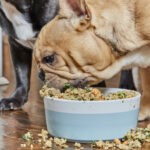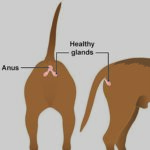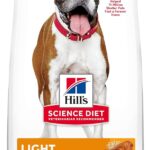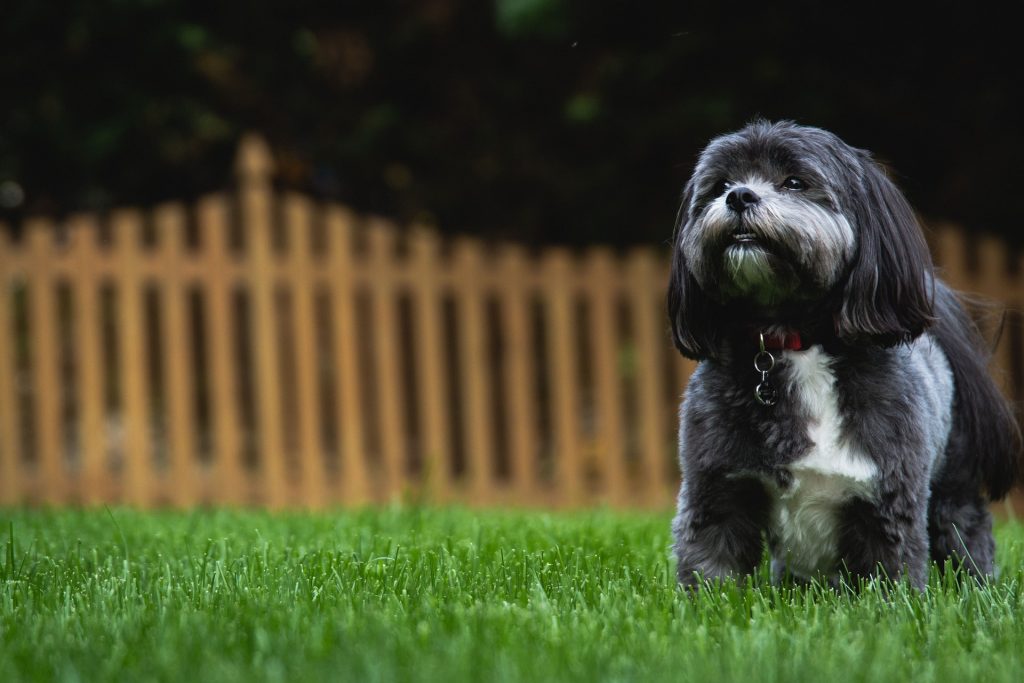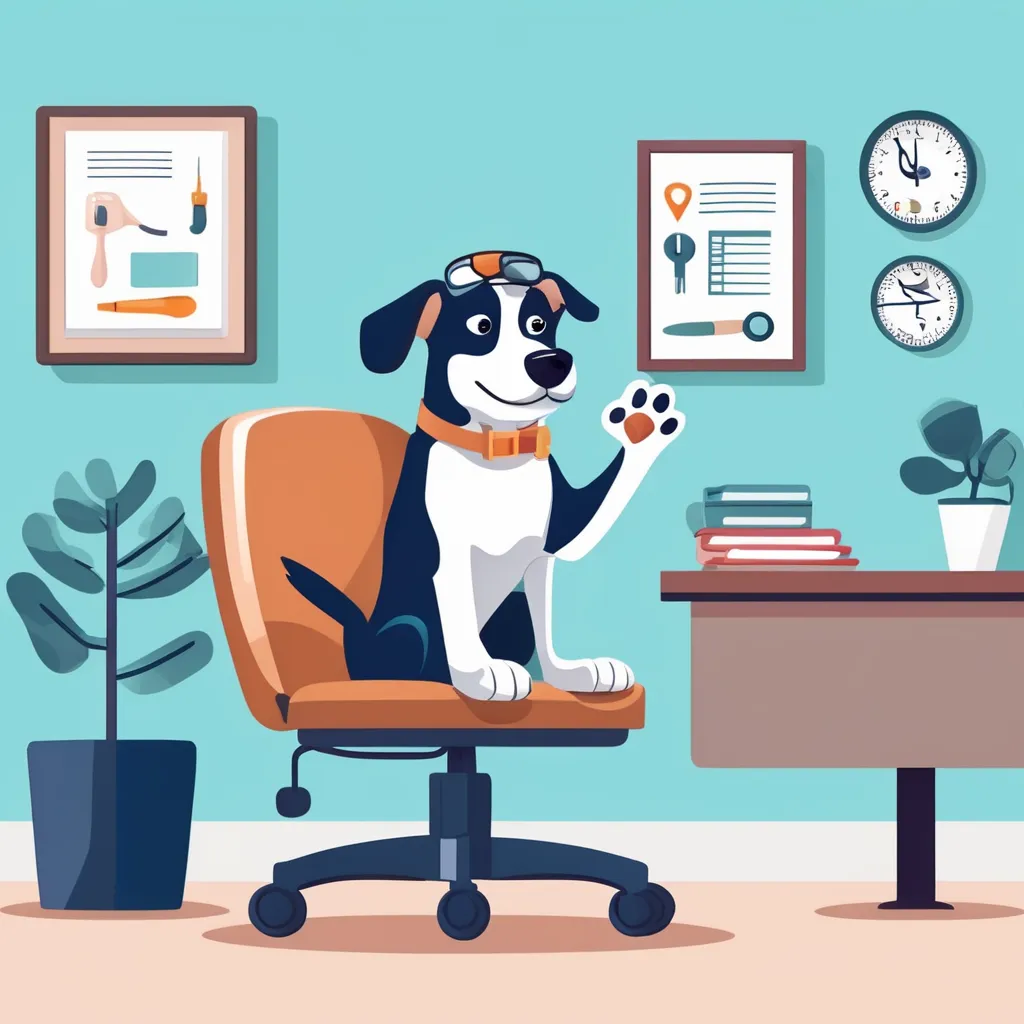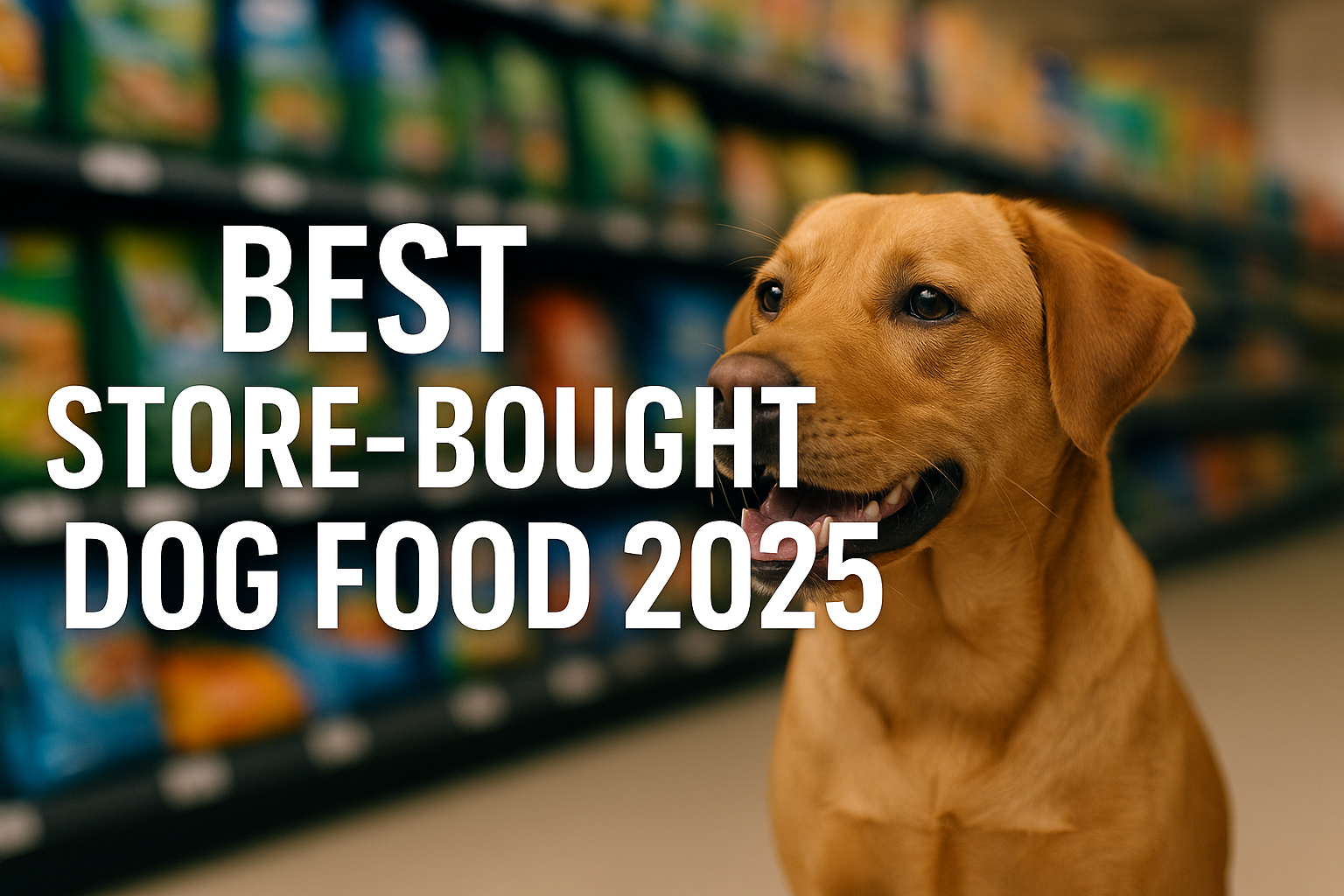
Do you have a pup that’s into the… less desirable parts of nature?
You’ve discovered coprophagia.
This strange behavior can be a challenge to deal with, but luckily there are steps that you can take to help your pup break the habit.
What Is Coprophagia?
Coprophagia, or stool eating, is a behavior that dogs may engage in from time to time.
It’s not an abnormal behavior in certain situations, such as when bitches naturally consume their own pup’s feces to keep their den clean. However, it is a behavior that pet owners are often disgusted by and want to stop.
Coprophagia is different from pica, which is a medical issue referring to a dog’s craving of a non-food item and the subsequent eating of said item.
Coprophagia, meanwhile, specifically refers to the consumption of feces. There are various reasons why dogs may engage in this behavior, such as boredom and the presence of certain health issues. It’s important for pet owners to identify what might be causing it so that they can take the appropriate steps to stop it.
What Causes Dogs to Eat Feces?
When it comes to figuring out what causes dogs to eat feces, there are a few potential explanations. Most of the time, coprophagia is a sign of underlying health issues, such as digestive problems or nutrient deficiencies. It can also be associated with behavioral issues, such as boredom or anxiety. In some cases, dogs may simply find feces tasty and seek out the flavor.
One of the most common causes of coprophagia is an unbalanced diet. Dogs who don’t get the right balance of nutrients can develop nutrient deficiencies that lead them to eat feces in order to get the vitamins and minerals they need.
Additionally, some medical conditions can lead to malabsorption, which means that your dog isn’t getting the full nutritional value from their food. This can also cause them to look for alternative sources of nutrition, such as feces.
In some cases, coprophagia can be caused by stress or anxiety. Dogs who are feeling anxious or stressed may engage in the behavior as a way to cope. Additionally, if your dog is bored or doesn’t have enough mental stimulation, they may turn to eating feces as a form of entertainment. Finally, if there’s a change in your dog’s environment or routine, it can lead to stress and cause them to eat feces as a coping mechanism.
Is Eating Feces Dangerous for Dogs?
Yes, eating feces can be dangerous for dogs.
Feces can contain harmful bacteria and parasites that can put your pup at risk of developing various illnesses and infections. Consuming feces can also be a sign of an underlying nutritional deficiency or medical issue, so it’s important to take your pup to the vet to get checked out if they start exhibiting this behavior. Additionally, if your pup eats the feces of other animals, they are at risk of contracting parasites or other illnesses that the other animal may have had. For instance, dogs can get parasites from rabbits if they eat the entire rabbit. So, it’s important to be aware of the potential risks associated with coprophagia in dogs and take measures to prevent or stop it.
How Can You Stop Your Dog from Eating Feces?
The most important thing you can do to stop your dog from eating feces is to prevent access to it.
This means regular clean-up of your pet’s property and constant supervision when they are outdoors. Additionally, it’s a good idea to change your dog’s diet, as nutritional deficiencies can be a contributing factor to coprophagia.
If your dog is still eating feces, you can make it unappealing to them by adding something to it that has an unpleasant smell or taste. There are also natural remedies, supplements and even medical treatments available for anal gland issues that can help prevent coprophagia. Finally, positive reinforcement is key. Whenever your pup refrains from eating feces, be sure to give them plenty of praise!
Diet Adjustments
One way to prevent your dog from eating feces is to make sure that their diet is complete and balanced.
If your pup is deficient in any essential nutrients, they may be more likely to seek out the nutrients they need in other sources – such as through coprophagia. Make sure that their diet contains the correct amount of protein, fat, carbohydrates, vitamins, minerals, and other nutrients. Additionally, if your pup is overweight, you may want to consider switching them to a lower calorie diet to help them reach a healthy weight.
Also, make sure that your pup has access to plenty of fresh water throughout the day. This will not only help them stay hydrated, but it will also help prevent coprophagia by ensuring that your pup’s digestive system is working properly. Finally, if you are feeding your pup a homemade diet or “people food,” you should consult with a veterinarian or animal nutritionist to ensure that your pup’s meals are nutritionally complete.
Exercise and Mental Stimulation
Exercise and mental stimulation are very important for a dog’s wellbeing.
Without it, they can become bored and stressed, which can lead to coprophagia. Make sure that your dog is getting enough physical exercise and mental stimulation. This can be in the form of walks, playtime, or even puzzles and toys. The important thing is to ensure that your dog is engaged in activities that will keep their mind occupied and their body active. This will help to reduce any feelings of boredom or stress that may be causing them to eat feces. Additionally, make sure that you are providing your pup with plenty of positive reinforcement when they engage in desirable behaviors.
Make Feces Unappealing to Your Dog
If you find yourself in the unfortunate situation of having to stop your dog from eating poop, one of the best ways to do so is by making it unappealing. It may sound strange, but if you taste something bad once, chances are you won’t want to eat it again. You can use this same logic with your pooch.
There are a few methods you may want to try. First, you can mix bitter apple or peppermint oil in with the poop. This will make it taste bad and deter your dog from eating it. You can also spray the area with a citrus-based repellent, such as lemon or orange oil. Finally, some owners have had success sprinkling cayenne pepper on the feces.
Remember that these methods may not be 100% effective and should only be used in conjunction with other methods. Also be sure to keep an eye on your pup when trying these solutions, as some dogs may become more interested in the area due to the smell or taste.
Timely Clean Up of Pet Waste
One of the most effective ways to prevent coprophagia in dogs is to ensure that pet waste is cleaned up in a timely manner.
This means removing any feces from your yard or any other areas where your dog frequents. It is important to note that some dogs may be more prone to eating feces if they are left unsupervised for extended periods of time. So, if you know that your dog is prone to this behavior, it is important to keep a close eye on them and make sure they are not left alone with access to pet waste. Additionally, it is important to clean up pet waste from other animals in the area, as dogs may be more likely to engage in coprophagia if presented with the opportunity.
Take Your Dog for Regular Checkups
It’s important to take your dog for regular checkups and to discuss any behavioral issues with your veterinarian.
While coprophagia is not usually a sign of a serious health issue, it can be a sign of medical conditions such as diabetes, intestinal parasites, or an intestinal obstruction. Your veterinarian can check for these issues and help you determine the best course of action. Additionally, your veterinarian may be able to recommend natural remedies or supplements that can help your dog with coprophagia. If your veterinarian does suspect a medical issue, they may recommend further tests or treatments to address the underlying condition.
Consider Medical Treatment for Anal Gland Issues
Anal gland issues can be a cause of coprophagia in some dogs.
Anal glands are two small glands located just inside the anus of your dog. They secrete a fluid that is used to mark the dog’s territory. If your dog’s anal glands become impacted or infected, it can lead to an unpleasant odor and an unpleasant taste in their feces. If your dog has this issue, it could be causing them to eat their own feces.
In some cases, a veterinarian may be able to manually express the anal glands to relieve the pressure and help clear any infection. In other cases, surgery may be necessary to treat the problem. It is important to consult with your veterinarian if you suspect that anal gland issues may be contributing to your dog’s coprophagia.
Try Natural Remedies or Supplements
Natural remedies such as Yucca Extract and Probiotics can be effective in reducing the urge to eat feces.
Yucca Extract has been found to reduce the stool odor, thus discouraging the behavior. Probiotics can help balance the gut bacteria, which can help with digestion and nutrient absorption, thus reducing hunger pangs. Additionally, adding fiber to your pup’s diet can help prevent coprophagia. Be sure to check with your veterinarian before attempting any natural remedies or supplements.
Give Plenty of Positive Reinforcement
Positive reinforcement training is an effective way to discourage coprophagia in dogs.
Whenever your dog refrains from eating its own or another animal’s feces, reward them with treats, verbal praise, or another form of positive reinforcement. It’s important to recognize that this behavior takes time to change and must be consistent in order for it to be effective. Be sure to reward your pup with plenty of treats and praise whenever they exhibit the desired behavior. Additionally, make sure to avoid any form of punishment or reprimand when they do engage in coprophagia. This can create an association between the punishment and the act of eating feces, which could lead to further behavioral issues.
Conclusion
Coprophagia in dogs can be a strange and disgusting behavior to witness, but most of the time it is not a cause for alarm.
Unless your pup is showing signs of discomfort or distress, it is likely that the behavior is not serious and can be corrected with some simple measures. However, if you have any concerns about your pup’s health or behavior, it’s always best to seek professional advice from your veterinarian. With patience and understanding, you can help your dog to learn more appropriate behaviors and break the habit of coprophagia.

